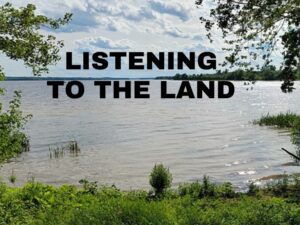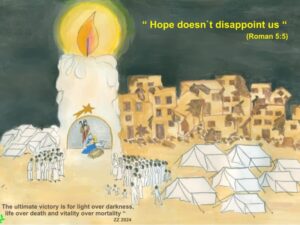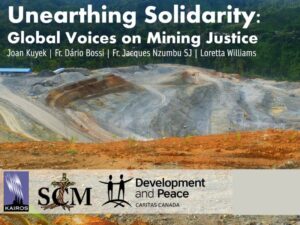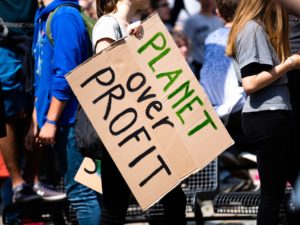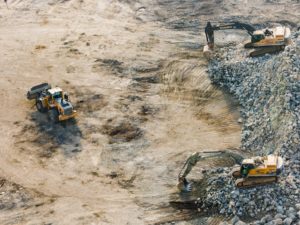Global perspective for just transition
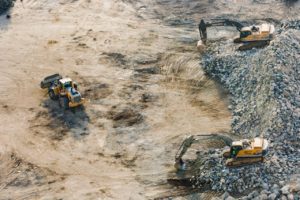
We are facing a global climate emergency. The science is clear. ‘Business-as-usual’ is directly contributing to a warming planet and extreme weather. Since societal change is essential, people are gathering in town-halls across the country to discuss ideas for radical transformation. The Pact for a Green New Deal movement aims to end reliance on all fossil fuels by 2050 while also addressing other social issues such as racism and income inequality.
The biggest question from both critics and supporters alike regards the implementation of the Pact. There are lofty goals that sound appealing, such as cutting the country’s emissions in half in less than 11 years, but how will this transition actually take place?
The first step is obvious. The Canadian government needs to stop investing in fossil fuels. By purchasing and approving in the TransMountain pipeline expansion project, the federal government is moving in exactly the wrong direction to make the Pact for a Green New Deal a reality. The conversation gets more difficult when we move to the second step: investing in renewable energy. What does this mean?
Generally, the conversation around renewable energy refers to one of three things: either solar, wind, or batteries (both for storing wind and solar energy, and for powering electric vehicles). Capturing wind and solar energy and creating the batteries to store that energy will require a large investment in infrastructure. From an ecological justice perspective, this presents a whole new set of challenges– where will the minerals needed for the infrastructure come from?
With today’s technology a single 3MW (megawatt) wind turbine requires 4 tonnes of copper, 335 tonnes of steel, 3 tonnes of aluminum, and 2 tonnes of rare earth minerals. In PV solar panels, silver makes up around 0.1%, yet currently solar panels account for 7% of global silver demand. Additionally, in a battery for a typical full-size electric vehicle cobalt makes up 15% of the materials needed. Unfortunately, cobalt is a mineral whose production is notorious for child-labour and slavery. All of these numbers are from: https://www.visualcapitalist.com/climate-smart-mining-minerals-for-climate-action/
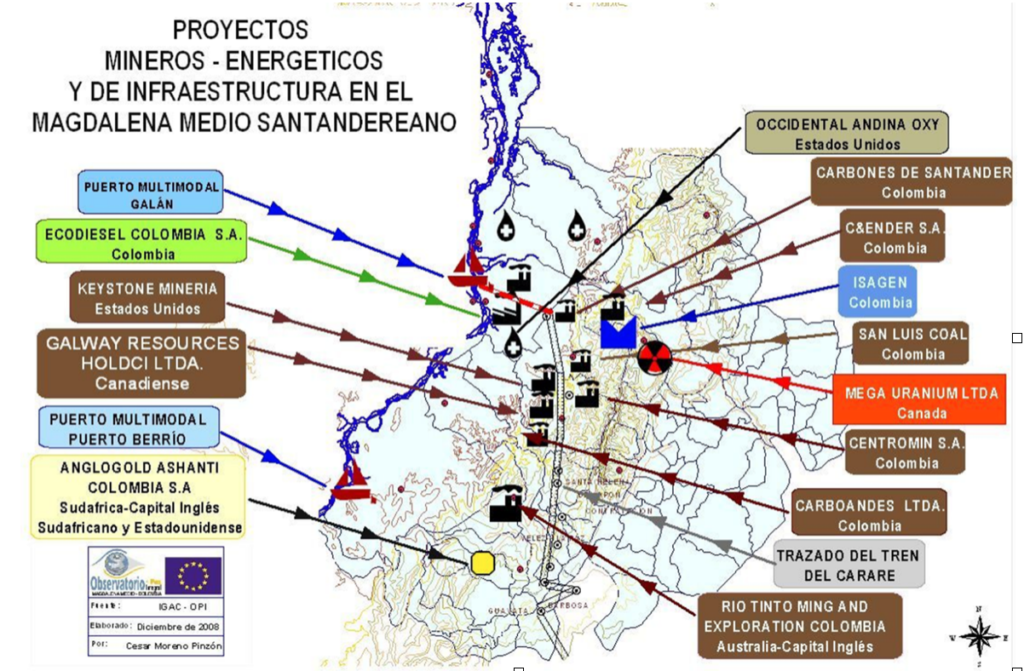
In other words, mining will play an increasingly important role in the ability to be sustainable. This creates a difficult moral dilemma from a justice and human rights perspective. The minerals that are key to the renewable energy future promoted by the Pact for a Green New Deal are located almost exclusively in the global south where the track-record for violations of environmental protections and human rights abuses by Canadian mining companies is well – documented. For KAIROS partner Organización Femenina Popular in Colombia, rights violations by resource extractions companies is a reality dealt with on a regular basis.
La convergencia de empresas y transnacionales (ver mapa), un Estado débil y comunidades empobrecidas y excluidas ha sido el abono para un escenario de alta conflictividad social y política entre distintos actores, donde sigue acentuando la feminización de la pobreza y la guerra.
“The convergence of transnational companies and a weak state with impoverished and excluded communities (see map) has created the conditions for a scenario of heightened social and political conflict between distinct actors which exasperates the disproportionate effects of poverty and war on women. “ – Kelly Campo OFP member
As demand for renewable technology increases in Canada, mineral-rich countries like Colombia that lack significant regulation to protect both local communities and the environment will bear the brunt of the burden.
Canadian companies dominate the mining industry, yet our country has no enforceable regulatory measures for the actions of Canadian multi-national corporations operating abroad. The corporate ombudsperson for responsible enterprise (CORE) was supposed to fulfil this role, but as of May 2019 there is still no access to remedy for those suffering at the hands of these corporations. The new Ombudsperson remains an ineffective figurehead for accountability.
This analysis highlights the possible hypocrisy of the just transition for Canadians if we do not use a global perspective. While we move forward with the Pact for a Green New Deal, we are condemning the global south to environmental and social degradation if we do not take seriously the logistical side of renewable infrastructure development and corporate regulatory measures. Green jobs in Canada are already booming, we just need to ensure that the continued growth in this sector is socially sustainable on a global scale.
We are in the early stages of the transition to a renewable economy. There is still time to lobby for inclusion of not only Canadians, but everyone around the world.










